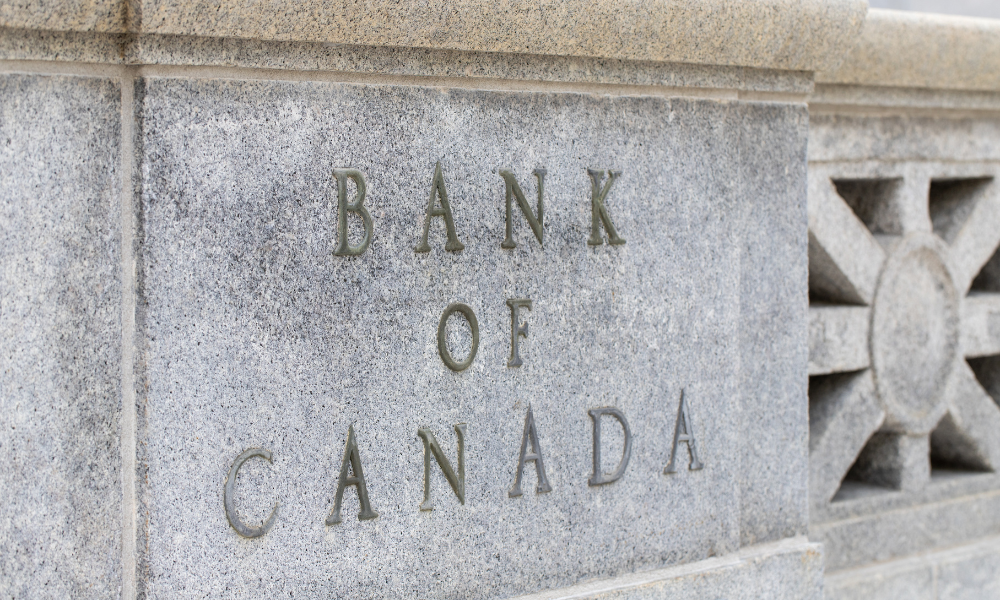Central bank’s 2026 review to examine core inflation and housing affordability, Macklem says

The Bank of Canada will not revisit its 2 percent inflation target in its 2026 monetary policy framework review, a decision Governor Tiff Macklem said reflects the target’s proven ability to anchor inflation expectations, as reported by Reuters.
Speaking in Mexico City at the Bank of Mexico’s 100th anniversary, Macklem underscored that “the 2 percent target has proven its worth in achieving price stability over time.”
He added, “We are already facing a more uncertain and unpredictable world. Now is not the time to question the target.”
Bloomberg noted that Macklem stressed Canadians broadly support the target, which has helped stabilize expectations through crises, including the pandemic.
According to the Financial Post, Macklem said housing affordability will be a central focus of the renewal process. He pointed out that while governments address supply, monetary policy directly influences demand through interest rates.
“Housing is a big part of the consumer price index in Canada, so the cost of housing affects inflation,” he said. He added that it is important to examine how monetary policy influences housing sector dynamics and how affordability can be incorporated into the bank’s broader focus on price stability.
Bloomberg reported that the review will also weigh how best to measure core inflation, especially in a context of recurring supply shocks and volatility.
Macklem said the Bank of Canada has used various measures, including trim and median core, and will examine whether a broad or narrow range of indicators is most effective.
As per Reuters, Macklem explained that the central bank is also studying how monetary policy should respond to supply shocks, as Canadian businesses continue to reorient supply chains in response to US tariffs.
He added, “Headwinds that limit supply could mean more upward pressure on inflation going forward. And more frequent supply shocks could mean more variability in inflation.”
The Financial Post highlighted that Macklem identified vulnerabilities facing the global economy, including elevated sovereign debt, geopolitical risks, lagging productivity, artificial intelligence, and US trade policy.
“Steep new US tariffs and the unpredictability of US policy have reduced economic efficiency and increased uncertainty,” he said.
According to the Financial Post, Macklem said lessons from the pandemic reinforced the value of the framework. Inflation surged to 8.1 percent in 2022, but by summer 2024 it returned to 2 percent after the central bank moved rates aggressively.
“It was a painful adjustment for many Canadians, but we got there without causing a recession or major job losses,” he said.
Bloomberg reported that Macklem also addressed the importance of central bank independence. He noted that difficult choices increase the risk of public frustration but said transparency through press conferences and policy disclosures strengthens accountability.
The Bank of Canada has held its policy rate at 2.75 percent for three consecutive meetings and will announce its next rate decision on September 17, as reported by Bloomberg.



